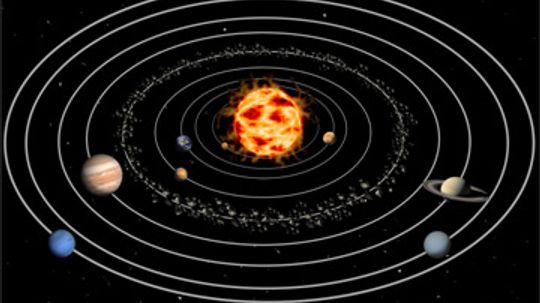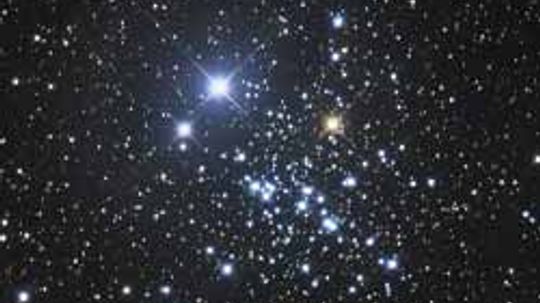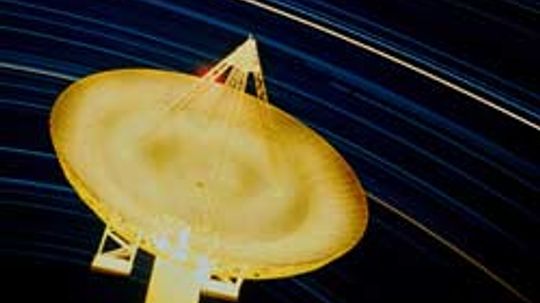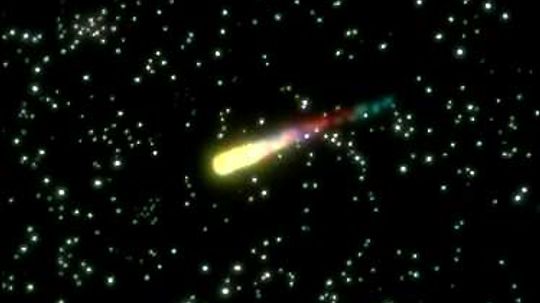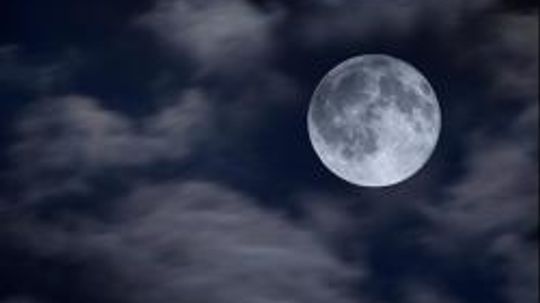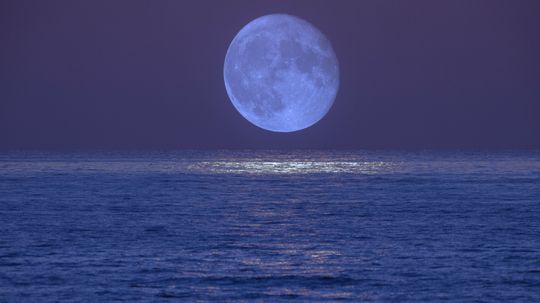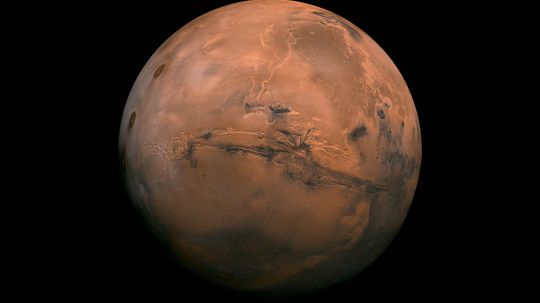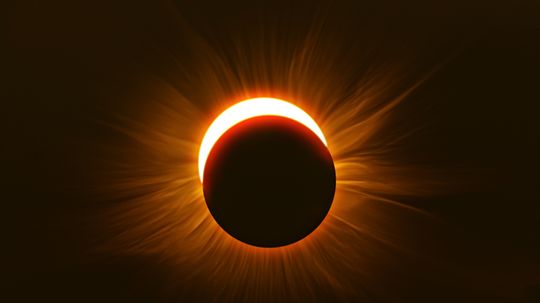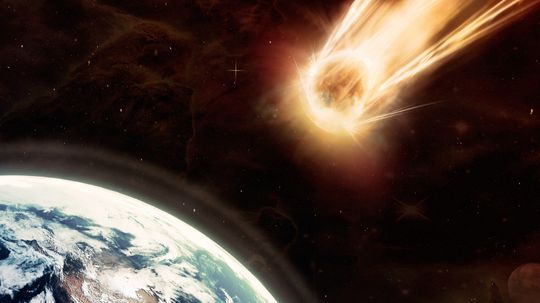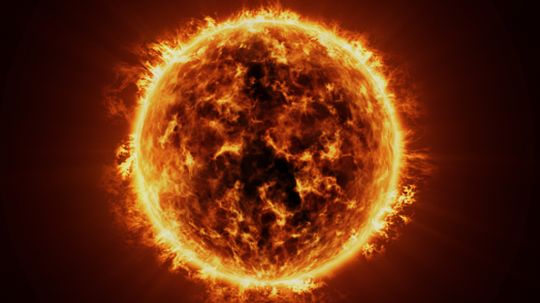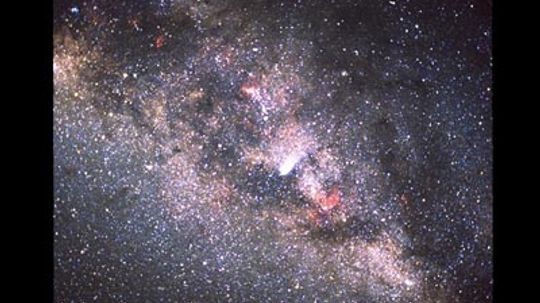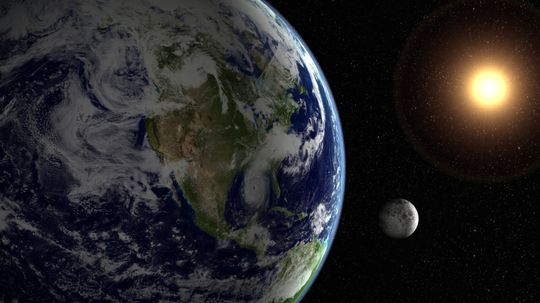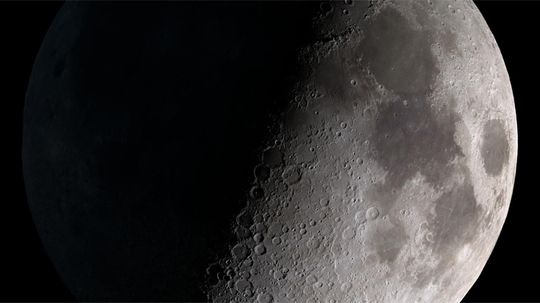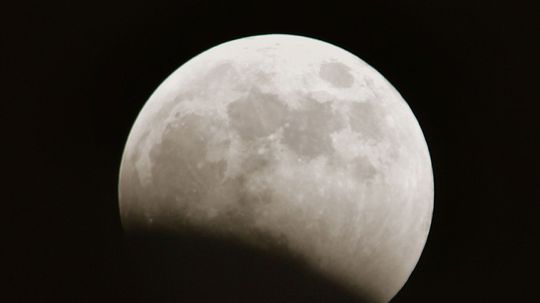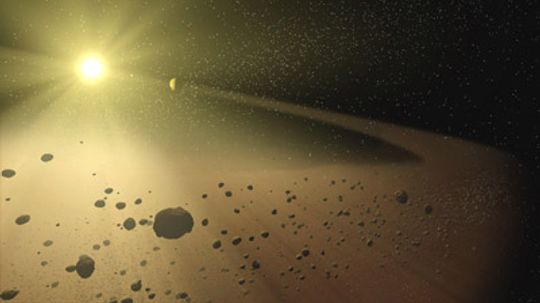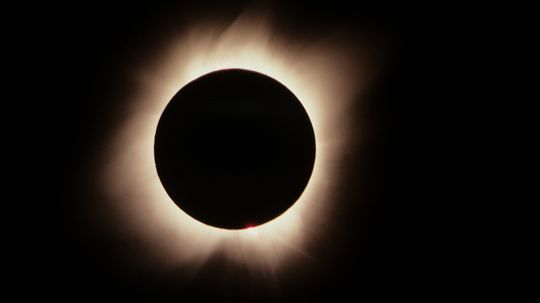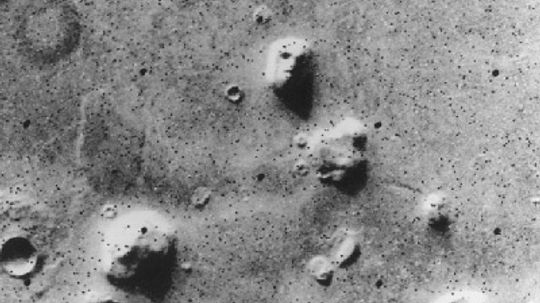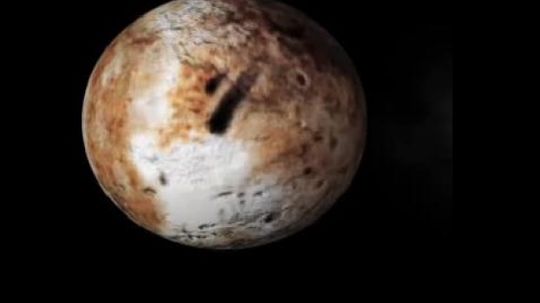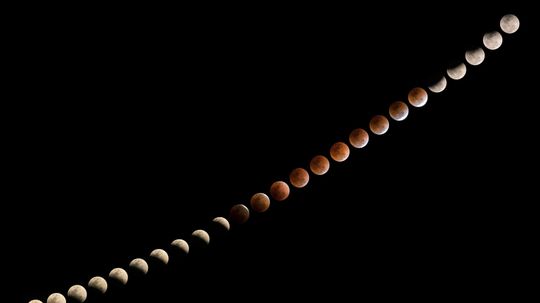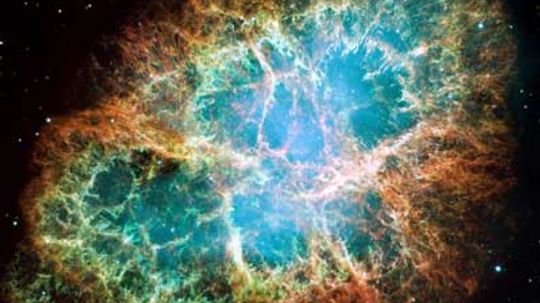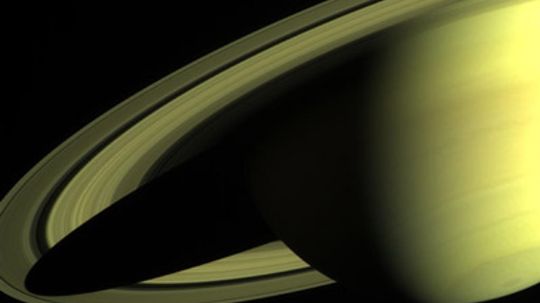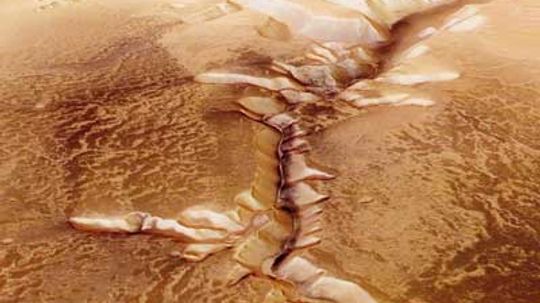Astronomy
Astronomy is a broad discipline covering all facets of astrophysics. In this section you can learn about the origins of the universe, black holes and other astronomical phenomena.
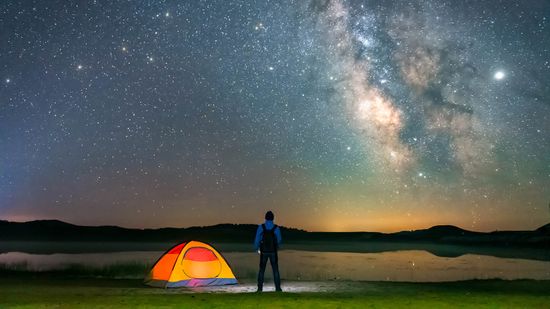
88 Constellation Names (and 24 You Can Only See From the Northern Hemisphere)
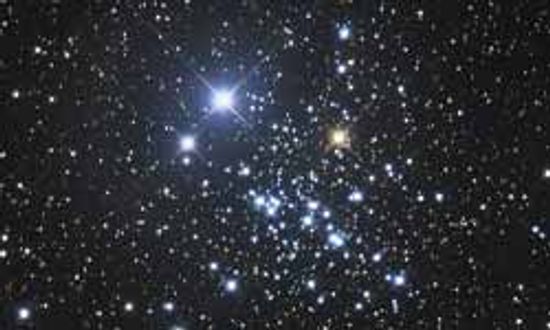
Constellation Pictures
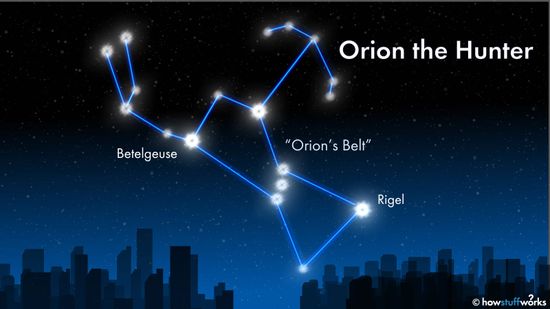
How to Find Orion's Belt in the Night Sky
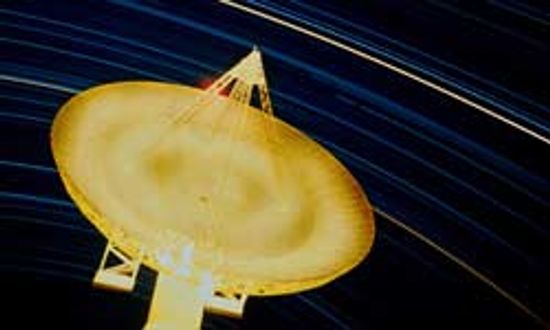
Radio Telescope Image Gallery

How do I build a telescope at home?
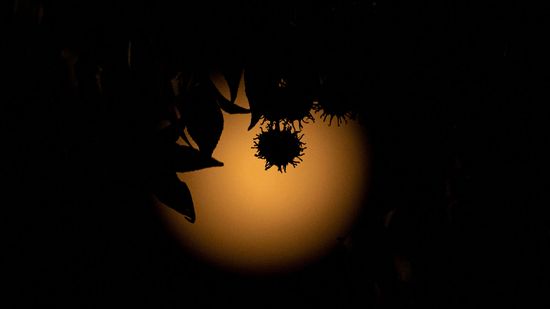
Shooting the Stars as an Astrophotographer
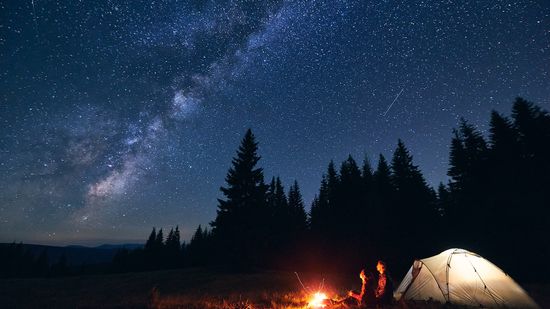
10 Types of Stars Blazing and Collapsing in Our Universe
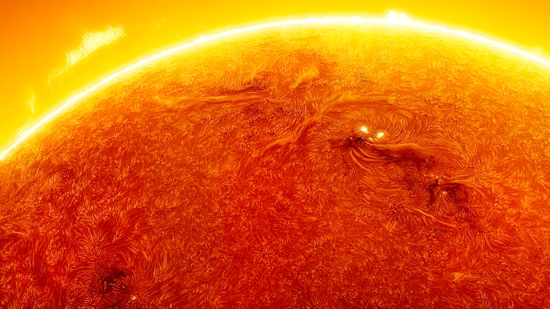
Solar Storm + Earth's Magnetic Field = Auroras Galore

What's the Brightest Star in the Sky? Depends on the Season
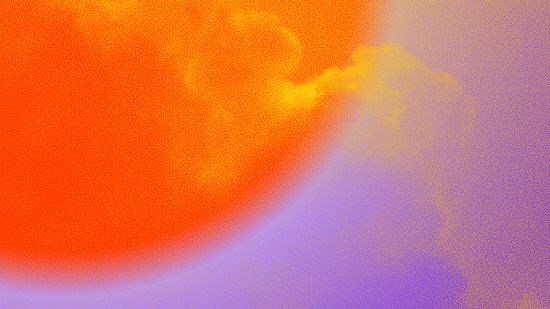
Why a Geomagnetic Storm Makes for Pretty Skies and Tech Scares
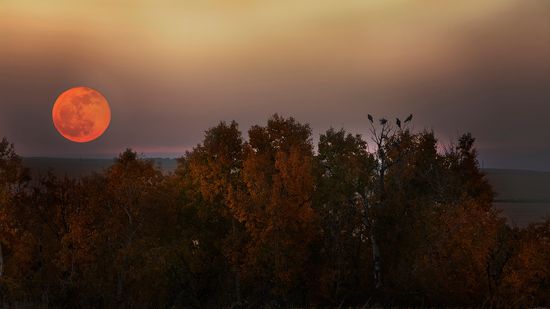
What Is a Harvest Moon?
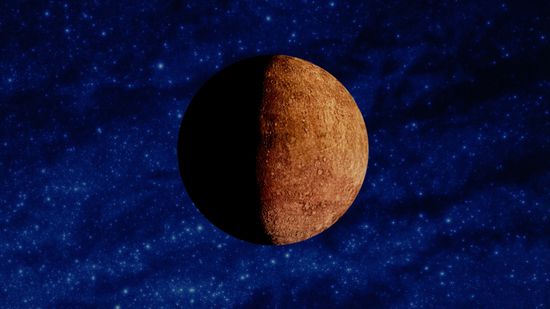
Mercury Retrograde Explained: Dates, Effects, and How to Cope
Learn More / Page 2
It's not a pleasant thought, is it? But when you mix chaos theory with a few crazy cosmologists, those tidy, predictable orbits start getting lively.
Sunspots are peculiar dark areas that show up regularly on the surface of the sun -- and often for no reason. What causes them? What effect could these funny little spots have on the Earth?
As every fledgling and seasoned astronomer knows, groups of stars that form some sort of arrangement are known as constellations. Peer at some of the most famous constellations that humans use to navigate, divine the future and tell stories.
Advertisement
Radio telescopes can give us some impressive insights into the universe. This collection of pictures highlights some of the images these telescopes have captured.
By Rick Mayda
Hundred of meteors fly across the sky every night, but only a few make it to Earth. Meteors are best known for the brilliant streaks of light they make as they burn up in the atmosphere. Learn about 10 memorable meteor crashes that left an impression.
We know it's not made of green cheese, but what are the origins of the moon? Learn astronomers' theories about where the moon came from.
Why does the moon look so much bigger when it is near the horizon than when it is high up in the sky? This question has been pondered for hundreds if not thousands of years, and is commonly referred to as the moon illusion.
Advertisement
Since the 1960s, we've been captivated by the planet Mars. How different is our neighbor, and what have we learned about the most explored planet?
A total solar eclipse is a rare event that can be an amazing thing to witness. Learn about solar eclipses and how to observe one safely.
Where I live it is pretty common to see "shooting stars" -- streaks of light in the sky at night. How big is a shooting star? Do they land on earth or do they burn up? Do they land on the ground as meteorites?
The sun warms our planet every day, provides the light by which we see and is necessary for life on Earth. But what is it exactly, and what will happen when it burns itself out?
Advertisement
When you look up at night and see thousands of stars, have you ever wondered what you are looking at? Learn what stars are and how they live and die!
The Chandler wobble is the change in the spin of Earth on its axis. Think of the wobble you see in a toy top when it first starts spinning or slows down. Its 'poles' do not spin in a perfectly straight line.
The changing phases of the moon have given us an enduring curiosity about the dark side of the moon. But is there really a dark side of the moon? What would we see there?
The moon is often the largest object in the sky outside of the sun. What is the moon made of, how did it form -- and why do people blame it for their strange behavior?
Advertisement
Asteroid belts aren't quite the dense fields of gigantic spinning rocks that you may have seen in a "Star Wars" film, but they're still fascinating. In fact, the main asteroid belt may tell us how our entire solar system came into existence.
By John Fuller
You've probably heard that staring at the sun is bad - even a few seconds can damage your eyes. But what if you looked at a solar eclipse?
After Viking 1 captured images of what looked like a face on Mars, the public began to speculate. Had Martians carved a colossus, or was there another answer?
Pluto is relatively round and orbits the Sun. So, why doesn't it qualify as a planet?
Advertisement
The only thing that's lurking in the shadows during a lunar eclipse is the moon. When Earth's shadow blocks sunlight from directly illuminating a full moon, you're witnessing a lunar eclipse.
If your idea of photographing the stars has nothing to do with Hollywood, you might be interested in astrophotography -- the sky's literally the limit.
Although other planets have rings, none are as spectacular as Saturn's. What makes the planet's stratified rings, and how did they get there in the first place?
Until recently, most people assumed that if Mars had liquid water, it no longer did and hadn't for quite some time. But scientists have recently noticed some anomalies in photos of Mars that may suggest there is water. Could there be life, too?
By Sarah Dowdey & Robert Lamb
Advertisement
If "nature abhors a vacuum," then why doesn't the vacuum of space suck away all of the Earth's atmosphere?
It turns out that measuring the distance to a star is an interesting problem! Astronomers have come up with two different techniques to estimate how far away any given star is.
